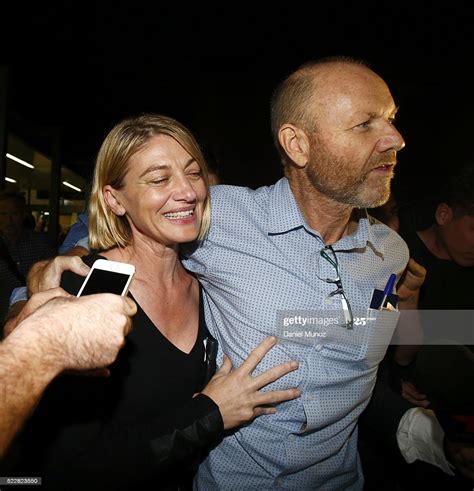A Quote by Lucretius
No single thing abides; but all things flow. Fragment to fragment clings - the things thus grow Until we know them and name them. By degrees They melt, and are no more the things we know.
Related Quotes
In a fragment of a second you can understand: Things you know, things you don’t know, things you don’t know that you don’t know, conscious, unconscious, things which in a fragrant of a second you can react to: we can all imagine why this capacity was given to us as human beings - I guess to survive. Architecture to me has the same kind of capacity. It takes longer to capture, but the essence to me is the same. I call this atmosphere. When you experience a building and it gets to you. It sticks in your memory and your feelings. I guess thats what I am trying to do.
We humans have had from time unknown the compulsion to name things and thus to be able to deal with them. The name we give to something shapes our attitude toward it. And in ancient thought the name itself has power, so that to know someone's name is to have a certain power over him. And in some societies, as you know, there was a public name and a real or secret name, which would not be revealed to others.
In his (Christ's) surrender on the cross all the pain and agony of mankind was concentrated at a single point, and passed through from death to immortality, There is no pain of any creature from the beginning to the end of time which was not 'known' at this point and thus transmuted. To know all things in the Word is thus to know all the suffering of the world transfigured by the resurrection, somehow reconciled and atoned in eternal life. It was God's purpose which he set forth in Christ as a plan for the fullness of time, to unite all things in him, things on heaven and things on earth'.
...the tragedy of consumerism: one acquires more and more things without taking the time to ever see and know them, and thus one never truly enjoys them. One has without truly having. The consumer is right-there is pleasure to be had in good things, a sacred and almost unspeakable pleasure, but the consumer wrongly thinks that one finds this pleasure by having more and more possessions instead of possessing them more truly through grateful contemplation. And here we are, living in an economy that perpetuates this tragedy.
The dark is a quiet place. Reflection and contemplation are the only things to do in it. Well that, and imagine the worst things possible.
I don’t have to reflect or contemplate or any of those things. I know what the worst things possible are. I know about the things that hide in the dark. Insanity is the least of them.






































